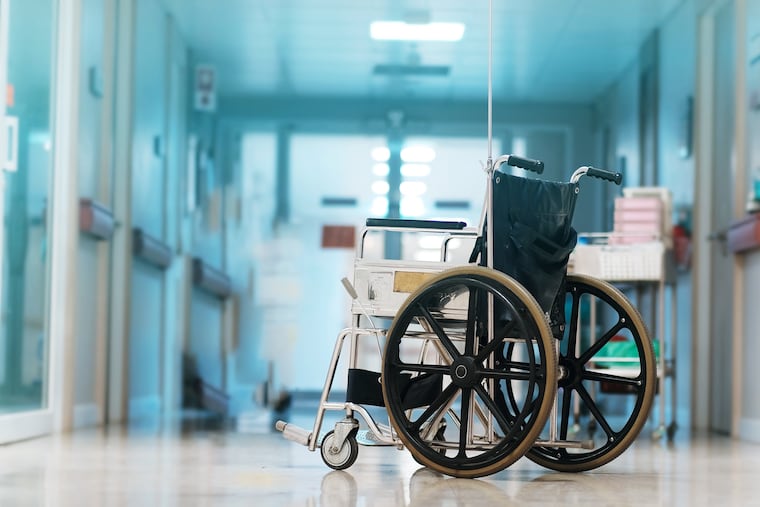The lasting inspiration of father-son weekend hospital rounds
"Reflecting on career progress since then, I think my son’s wide-eyed childhood awe may have rubbed off on me some," writes doctor Jeffrey Millstein.

One early Saturday morning in the fall of 2006, I was on weekend call for our suburban internal medicine practice. That meant going into the hospital to do rounds on 15 or so patients, along with a few other patients of a physician I was covering for, plus answering periodic emergency answering service pages.
It had already been a busy week, dashing between the hospital, my office, and a nursing home to treat a range of minor ailments and end-stage diseases. Fortunately, on this particular Saturday, I had a companion to brighten the experience.
My son, age 6 at the time, had a much different outlook on my tedious Saturday work. These Saturdays were a chance to do fun things with Dad: pancake breakfast at the diner, typing on an office computer, and playing silly games with doting nurses.
There was always a McDonald’s lunch break and a chance to search the hospital food pantry freezers for purple popsicles. The labyrinthine hallways with their bewildering array of machines, noises, uniforms, and talking elevators made for a magical day filled with curiosity, wonder, and joy.
Reflecting on career progress since then, I think my son’s wide-eyed childhood awe may have rubbed off on me some. Over the years, I’ve gradually brought my own sense of wonder into the exam room, and it’s helped me establish a deeper, more empathetic connection with patients. Conjuring the phrase, “I wonder” in my thoughts during patient interviews has inspired me to probe a little further to understand my patients’ most authentic concerns.
I recall a patient with progressive dementia whose memory had contracted so that he was only able to share detailed stories of his Vietnam combat missions; I took them in with rapt attention. There was a young woman for whom wearing a mask triggered recall of a past sexual assault. A man shared how he discovered a latent talent for painting while he was in a rehabilitation center recovering from a stroke. Although we use the term often, nothing is “routine” in primary medical care.
Allowing myself to be a clinician guided by a childlike curiosity, rather than algorithms, keeps medicine endlessly interesting. Patient stories are also a strong counterpoint to the challenges of working in an ailing healthcare system trying to find its way.
I was never aware of any profound influence these father-and-son weekend rounds were having at the time. They were just fun and memorable, and I can only ponder how they may have helped shape me as a doctor.
Maybe I rubbed off a little on my son as well. He is beginning his second year of medical school this summer.
Jeffrey Millstein is an internist and regional medical director for Penn Primary Care.